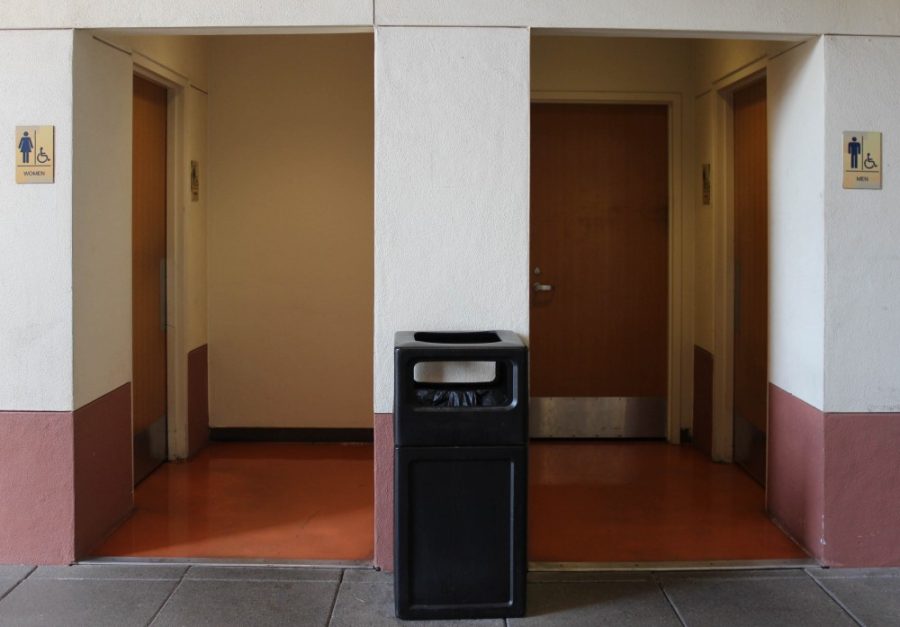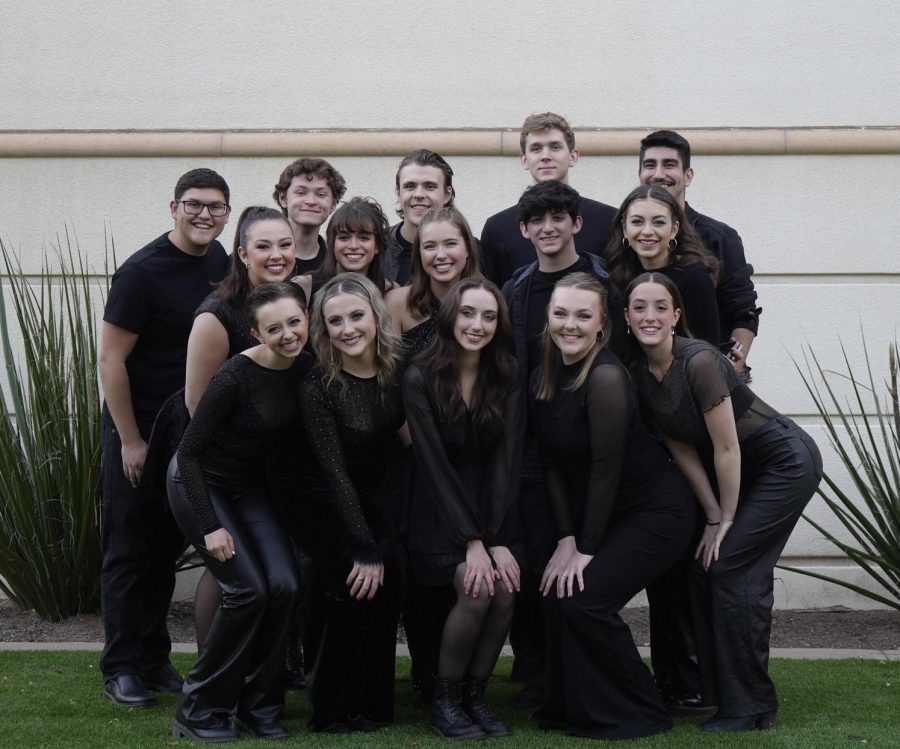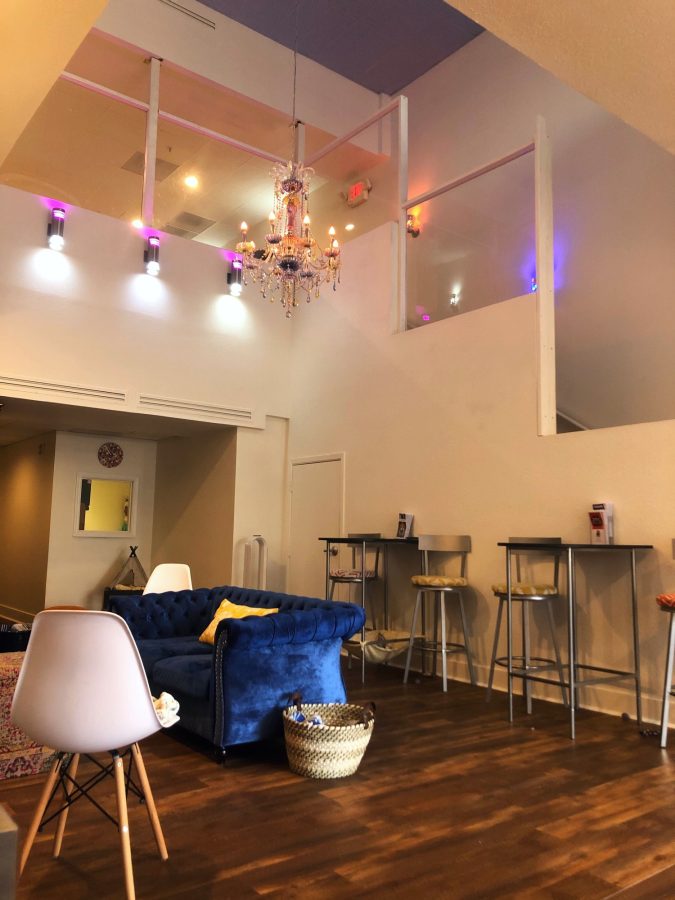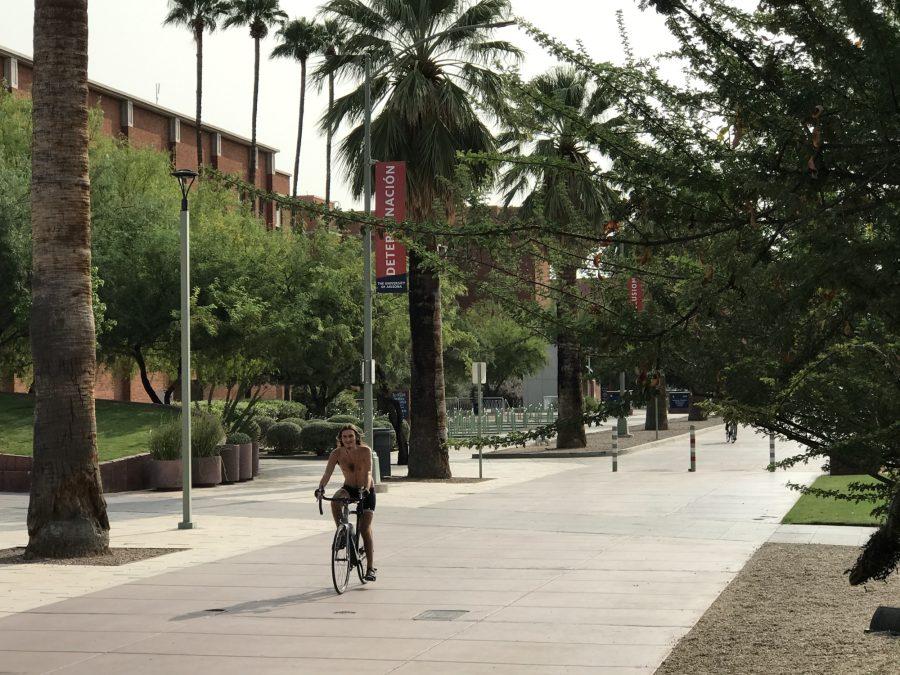The issue on bathroom bills has far exceeded the dilemma of allowing people to choose the restroom they feel most comfortable using and has spread into a larger issue of human rights.
After a long, turbulent road of government rulings over who can use which bathroom in a public space, the most recent development is not only contradictory, it also shoots us right back to where we started. President Trump announced on Feb. 22 his administration would be withdrawing Barrack Obama-era protections for transgender people that they used to have in public space.
In order to do so, Trump overruled his Secretary of Education, Betsy DeVos, even though she had concerns about how overturning these protections would affect students.
Trump’s statement comes almost a year after hem,while campaigning, claimed he would protect transgender people and allow them to continue using the bathroom they identify with.
RELATED: SAGA event educates community on transgender issues and perspective
The bathroom issue has been on the table for several years now with the Obama administration working to protect transgender people in public spaces. Under the Obama administration, several states, including California, passed bills allowing transgender people to choose the bathroom they preferred. It comes down to an issue of human rights.
The issue with bathrooms in public spaces isn’t really about bathrooms at all. Sure, it’s part of the issue, but the amount of legislation and going back and forth about whether people should be allowed to use a public bathroom points to an underlying issue.
Redacting the current policy would mean people in the transgender community have to use the bathroom that aligns with the biological sex they were assigned at birth.
It’s an issue of comfort and acceptance. Ultimately, lawmakers are taking away their right to exist as they want to within certain public spaces.
Before any of these issues became a problem for lawmakers, people in the transgender community used whichever bathroom they preferred. Usually, there was no law saying which one they should use, one way or the other, so they carried on doing what they were doing.
It’s only recently occurred to lawmakers, especially GOP lawmakers, that we have to suddenly tell a community of people what bathroom they’re allowed to use.
People are making this a big issue by making laws that say who is allowed to go where and under what circumstance, instead of just allowing people to behave the same way they always have.
Making a big deal about these laws and creating them only to then redact them is toying with a whole community’s right to exist in a public space. For the most part, people only want the public restroom to come in, take care of their own business and get out.
RELATED: Mike Pence’s LGBT dance party
This isn’t really an issue of protecting people from harassment in a public restroom, because many people are fine with people using public restrooms the way they were, as long as everybody has the common courtesy to keep the space clean for everyone who uses it.
It’s unfortunate that this is still one of the biggest issues on the table for lawmakers, and that we’re still having discussion on who should be allowed to use what restroom. As part of the American public, people in the transgender community should feel welcome to exist in public spaces. When we create laws guiding who can use what bathroom, we’re alienating a community from existing as the rest of the public is allowed to.
Creating laws that isolate certain communities from basic human rights is what will ultimately divide us as a nation. It’s done no harm so far, so why ruin a freedom that isn’t a problem to begin with?
Follow Leah Gilchrist on Twitter.















